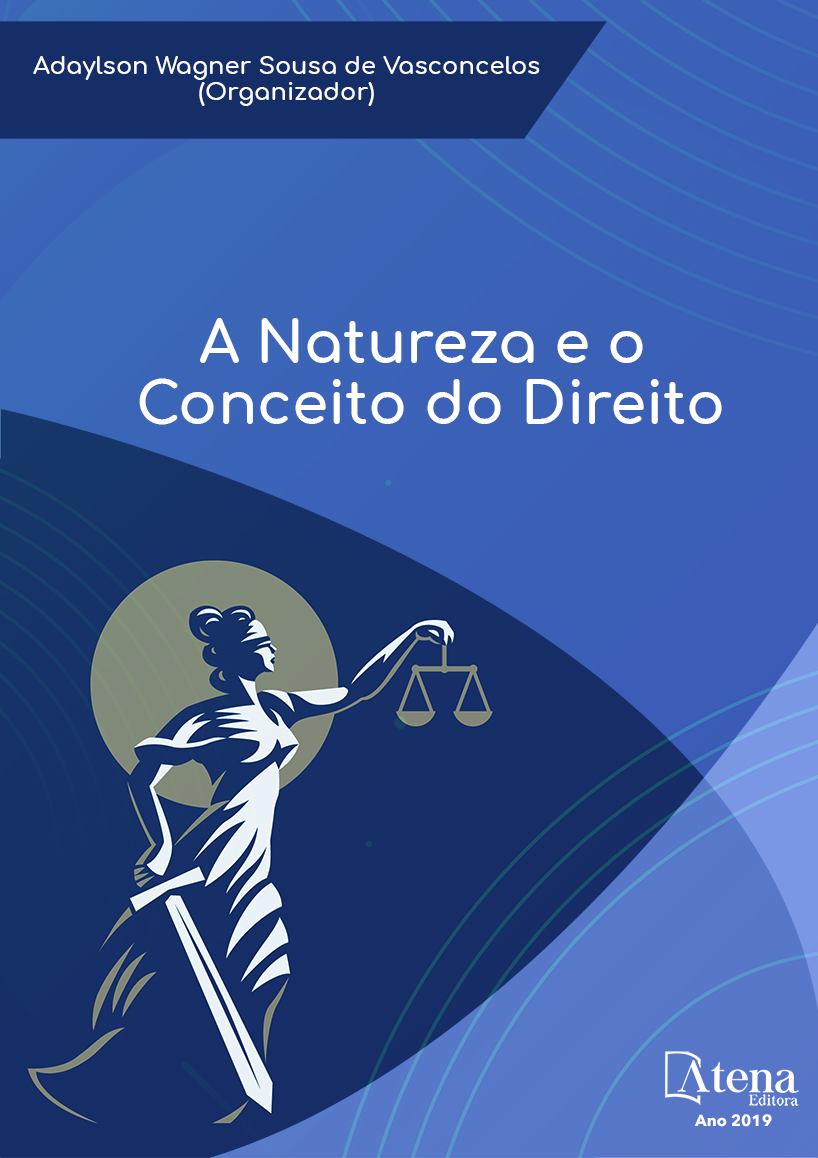
O ATIVISMO JUDICIAL E A QUESTÃO DA INFERTILIDADE FEMININA
Este artigo tem por finalidade jungir
a questão da infertilidade feminina e o exercício
do ativismo judicial, mormente quando o
Poder Público não fornece tratamento visando
combater problemas no organismo feminino
que inviabiliza a capacidade reprodutora da
mulher. Para tanto, é necessário entender
o que seria um regime democrático, onde a
participação popular, o respeito e a harmonia
entre os poderes constituídos revelam-se
como algo indispensável à manutenção da
vida em sociedade. O ativismo judicial é muito
utilizado para proporcionar o gozo de direitos
fundamentais diante da negativa estatal,
muitas vezes rompendo com as barreiras
da formalidade e concedendo direitos sem
previsão legal ou constitucional, o que não se
confunde com arbitrariedade ou subjetivismo.
O método escolhido é o descritivo-analítico e a
pesquisa ostenta natureza teórico-bibliográfica
com a busca por artigos e demais bibliografias
que melhor retratem o assunto de maneira
didática e transparente. Entender a dignidade
da pessoa humana como pilar em um Estado
Democrático de Direito e enxergar a infertilidade
como um problema social de repercussão
nacional e internacional são necessários para
compreender o modo como se desenvolve
a intervenção judicial nas políticas públicas,
fenômeno cada vez de maior prestígio na
sociedade.
O ATIVISMO JUDICIAL E A QUESTÃO DA INFERTILIDADE FEMININA
-
DOI: 10.22533/at.ed.76819081014
-
Palavras-chave: Ativismo judicial. Infertilidade feminina. Estado Democrático de Direito.
-
Keywords: Judicial activism. Female infertility. Democratic state.
-
Abstract:
This article aims to overcome
the issue of female infertility and the exercise
of judicial activism, especially when the
government does not provide treatment to
combat problems in the female organism that
makes the reproductive capacity of women
unviable. In order to do so, it is necessary to
understand what a democratic regime would
be, where popular participation, respect and
harmony among the constituted powers prove
to be indispensable to the maintenance of life
in society. Judicial activism is widely used to
provide the enjoyment of fundamental rights in
the face of state refusal, often breaking with the
barriers of formality and granting rights without
legal or constitutional provision, which is not confused with arbitrariness or subjectivism. The method chosen is descriptive-analytical
and the research has theoretical-bibliographic nature with the search for articles and
other bibliographies that best portray the subject in a didactic and transparent way.
Understanding the dignity of the human person as a pillar in a democratic state of law
and seeing infertility as a social problem of national and international repercussion
are necessary to understand how judicial intervention in public policies develops, an
increasingly prestigious phenomenon in the society.
-
Número de páginas: 15
- Diego Sidrim Gomes de Melo
- Francisco José da Silva Júnior


